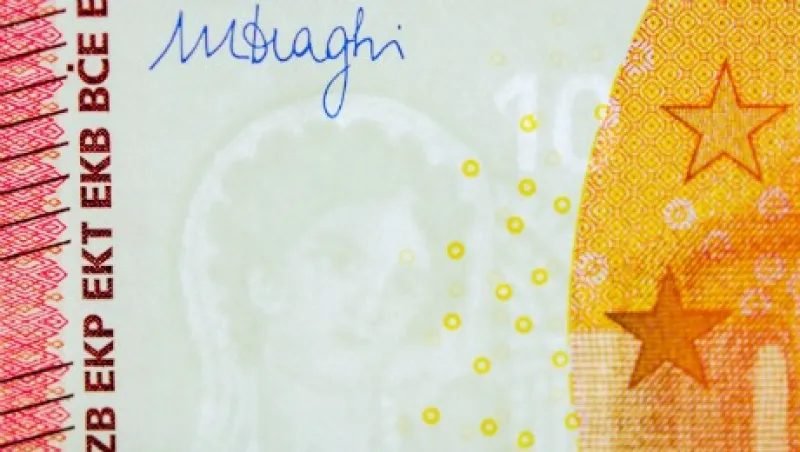After European Central Bank President Mario Draghi appeared to dismiss prospects for extending the bank’s asset-purchase facility yesterday, markets reacted with a pullback in equities and bonds throughout the region that continued into early trading today. With the Bank of Japan and the Federal Reserve set to make policy announcements in less than two weeks, investors must consider what the outcome will be for financial assets over the long run as central banks globally begin to tighten, as in the U.S., or reach limits of monetary policy effectiveness, as many analysts feel to be the case in Japan. For U.S. markets, the reaction to ECB hawkishness and a strong initial claims number was muted, with a modest pullback in Treasury futures and with the CBOE volatility index — a gauge of implied volatility for Standard & Poor’s 500 index options — remaining near year-to-date lows. If, in fact, the cycle of massive liquidity and ultralow rates is coming to an end, the question is how rapidly the sea of cheap capital will recede and what underlying risks will be revealed when it does. Derivatives markets indicate that inflation risks are perceived to be at historical lows, a scenario that if combined with low global growth expectations leaves allocators few attractive options if the credit boom cycle matures.
Chinese inflation cools. Data issued today by China’s National Bureau of Statistics indicates that the cost of goods for consumers grew at a slower pace in August, with the headline index registering at 1.3 percent year-on-year as volatile food segments dropped over the month. Meanwhile, the cost of goods at the factory was stronger than forecasted, with a headline producer-price index reading of –0.8 versus the same month last year. According to the NBS, producer prices had declined for 53 consecutive months on an annual basis.
Wells Fargo fined. Yesterday the Consumer Financial Protection Bureau announced that Wells Fargo & Co., the largest bank in the U.S. by market capitalization, will be subject to a $185 million fine for failure to prevent unauthorized retail banking and credit-card account creations for existing customers. The bogus accounts were created in part because of performance bonuses tied to the creation of new credit lines. In addition to the fine, Wells Fargo will pay restitution to any customers subjected to fees due to unwanted accounts. According to the CFPB, the bank fired more than 5,000 employees for inappropriate or illegal sales practices while cooperating with the government investigation.
Money continues to flow to emerging-markets stocks. According to data released today by Jefferies quantitative strategist Kenneth Chan, emerging-markets equity funds took in net inflows for the tenth consecutive week during the period ended on September 7. For the first time in a week, the MSCI emerging -markets index closed down for the day after a 1.2 percent slide today, in sympathy with a pullback for equities globally and after a nuclear announcement by North Korea sent jitters through the region.
Outlook for Chinese railway infrastructure investments strong. Earlier this week, Caixin reported that total railway investment in China is expected to make a record high in 2016, exceeding even the furious increase in capacity during the 2010 post-crisis stimulus. Citing unnamed industry and government sources, the total amount committed to new projects will surpass 840 billion yuan ($126 billion). The news follows the announcement in July by China’s National Development and Reform Commission outlining a plan to increase investment in improved freight and passenger connectivity for western and central regions.





